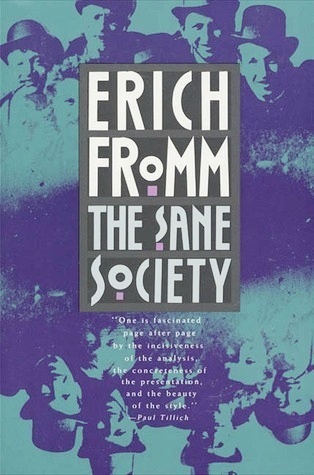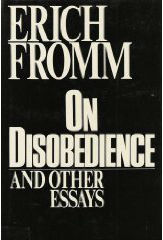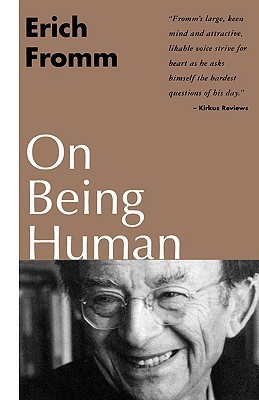
To Have or to Be? The Nature of the Psyche
Book Description
What if the battle for fulfillment lies not in what you possess but in who you choose to be? In "To Have or to Be? The Nature of the Psyche," Erich Fromm delves into the stark divide between materialism and authentic existence. With piercing insights, he explores how modern society’s obsession with ownership blinds us to deeper connections and true happiness. As your heart races through this gripping philosophical journey, you'll confront the tension between superficial comfort and profound meaning. Are we defined by our possessions, or can we transcend them to discover our true selves? Dive into this timeless exploration and dare to ask: what truly makes life worth living?
Quick Book Summary
In "To Have or to Be? The Nature of the Psyche," Erich Fromm investigates the fundamental dichotomy between two modes of living: having and being. Through a philosophical and psychological lens, Fromm critiques modern society’s fixation on possession, status, and consumption, arguing that this "having" orientation leads to alienation, anxiety, and a loss of genuine meaning. In contrast, he champions the "being" mode—a way of life centered on personal growth, authentic connections, and mindful presence. Fromm blends insights from psychoanalysis, Eastern and Western philosophy, and social theory, challenging readers to confront the dangers of materialism and embrace transformative values. The book calls for a radical rethinking of fulfillment, urging individuals and society to move beyond acquiring things and towards realizing true selfhood and collective well-being.
Summary of Key Ideas
Table of Contents
The Core Differences Between Having and Being
Erich Fromm distinguishes two core modes of existence: the "having" mode, defined by possession, accumulation, and objectification, and the "being" mode, which emphasizes presence, process, and authentic engagement with oneself, others, and the world. He argues that the contemporary psyche is oriented overwhelmingly towards having. This disposition fosters a success-driven culture that equates identity and worth with ownership and consumption, leading to a hollow sense of self and pervasive dissatisfaction.
Cultural and Psychological Consequences of Materialism
Fromm traces the roots of the having orientation to cultural, economic, and religious developments—particularly the rise of capitalism, competitive market norms, and certain religious interpretations prioritizing authority and dogma over lived experience. He explores how these forces shape attitudes toward knowledge, love, and creativity, often corrupting them into possessions or commodities. This societal structure breeds alienation, as people become estranged both from themselves and from the deeper meaning of life.
Paths Toward Authentic Existence
He then presents the being mode as a radically different orientation—one grounded in aliveness, awareness, and inner richness. In this mode, knowledge is experiential rather than hoarded, love is a mutual process of growth, and identity emerges from self-actualization, not from external validation. Fromm emphasizes that authentic living in the being mode requires embracing vulnerability, presence, and dialogical relationships.
The Role of Love and Mindfulness in Transformation
Central to the transition from having to being are the practices of love, mindfulness, and non-attachment. Fromm draws on philosophical and spiritual traditions, including Buddhism and humanistic ethics, to illustrate how individuals can cultivate qualities like openness, compassion, and humility. The process involves confronting internal fears and societal pressures, understanding the destructiveness of greed and competition, and making conscious choices to value process over possession.
Vision for a Humanistic, Sustainable Society
Finally, Fromm envisions a social transformation rooted in being. He proposes that fulfillment and happiness at both the individual and collective levels depend on reorienting values away from consumption toward creativity, solidarity, and ecological harmony. This shift necessitates structural changes—rethinking education, work, and politics—to support human growth and community. Ultimately, Fromm’s vision is a call to awaken societies and individuals to the deeper possibilities of existence, where life is not about what one has, but about who one truly is.
Download This Summary
Get a free PDF of this summary instantly — no email required.





